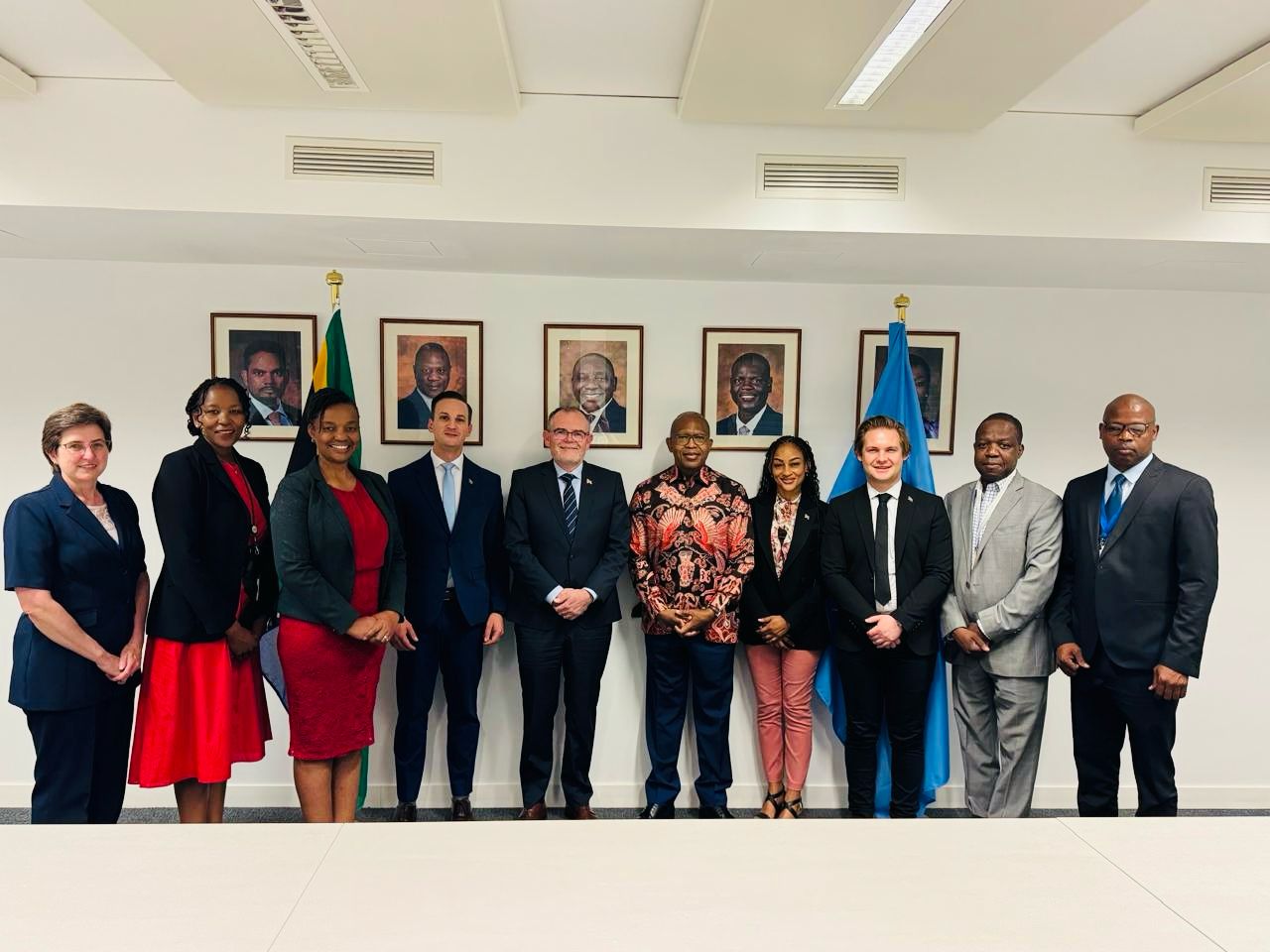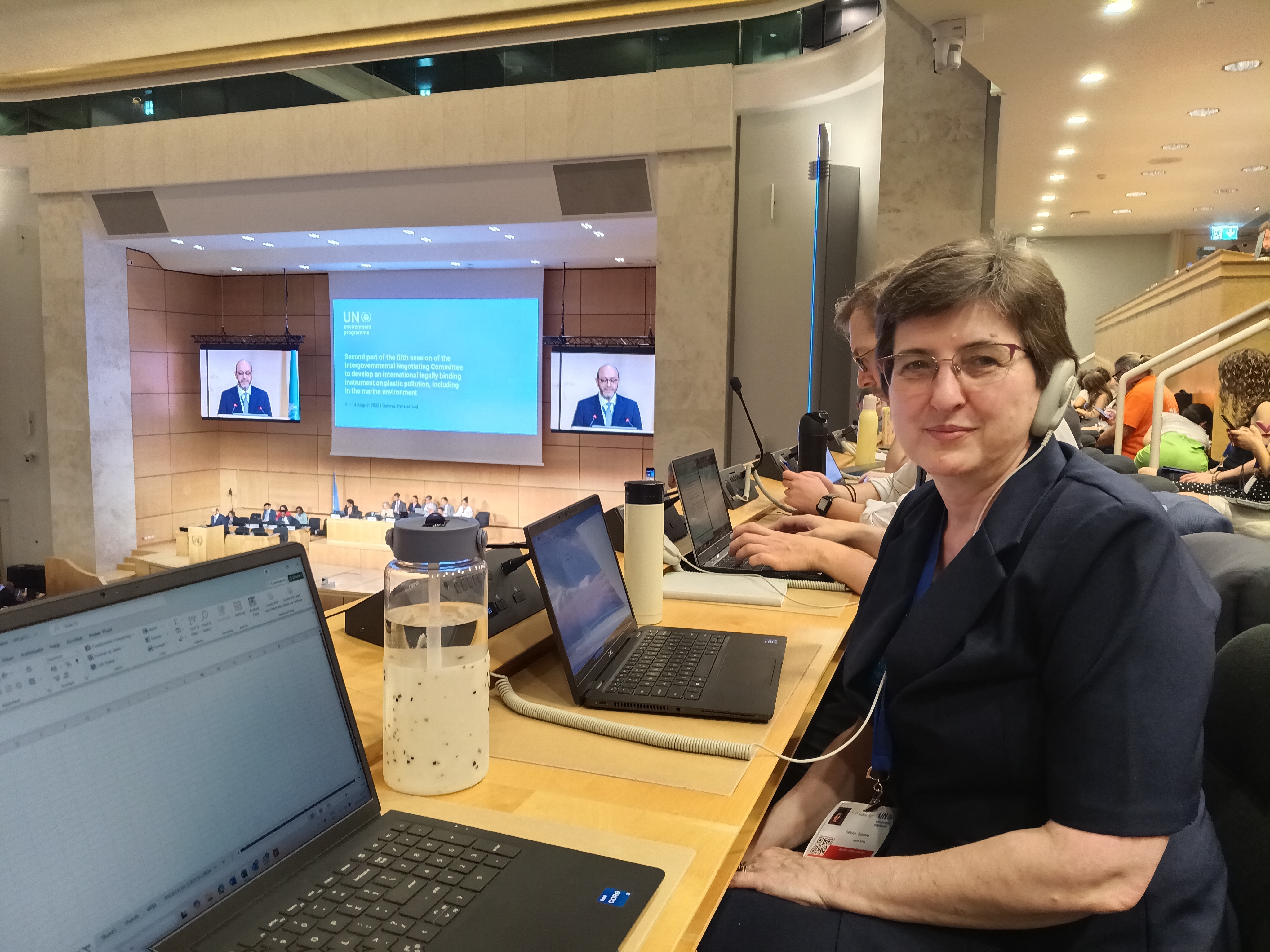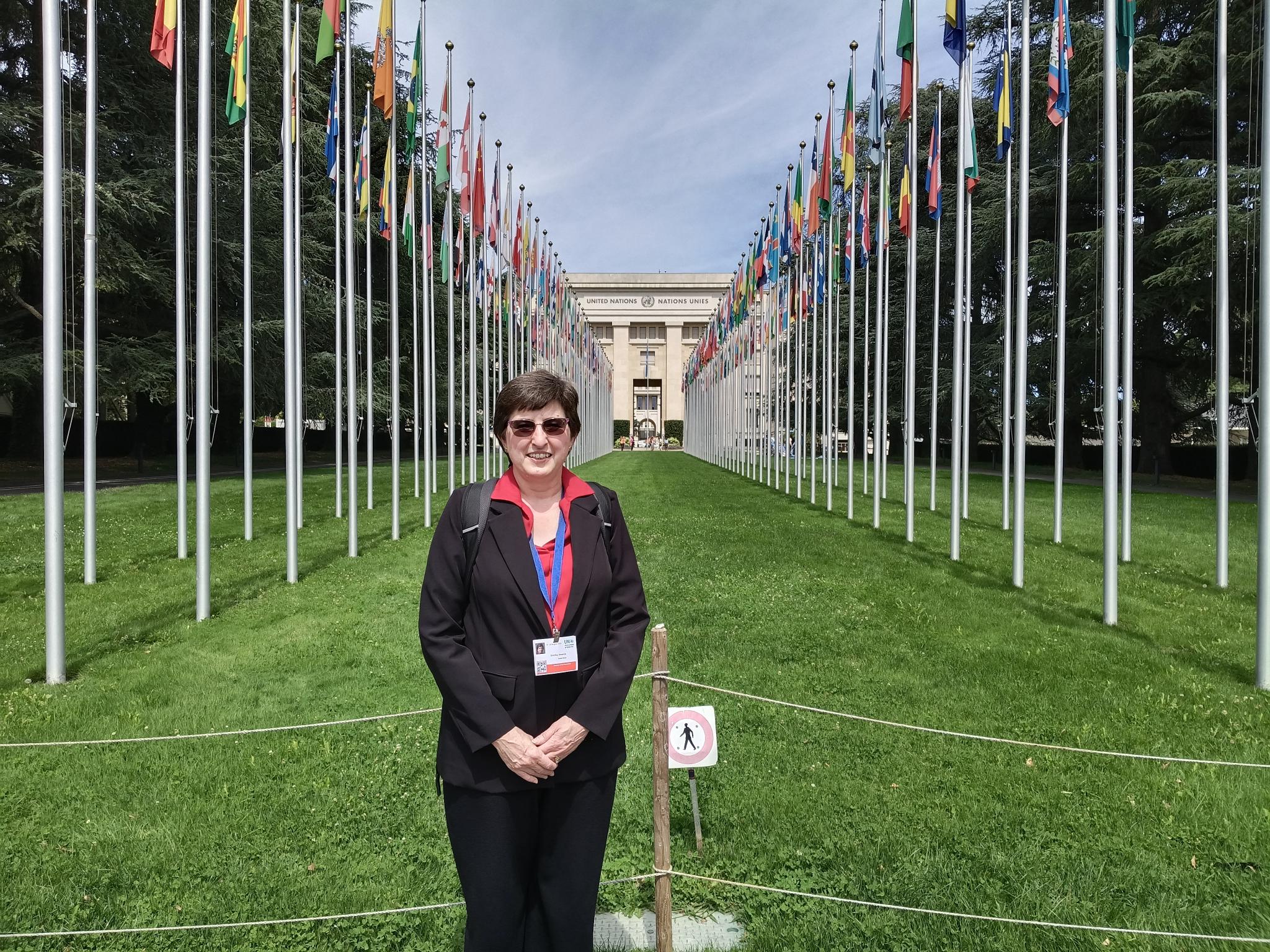CSIR supports the South African delegation at the Intergovernmental Negotiating Committee 2025
Strong support for urgent and coordinated international action to end plastic pollution across its full life cycle remained at the forefront during the second part of the fifth session of the United Nations Environment Programme Intergovernmental Negotiating Committee (INC 5.2), which took place from Tuesday, 5 to Thursday, 14 August 2025 in Geneva, Switzerland. Leading the South African delegation was the Minister of Forestry, Fisheries and the Environment, Dr Dion George. The delegation also included the participation of Prof. Suzan Oelofse from the CSIR, as the scientific advisor.
Strong support for urgent and coordinated international action to end plastic pollution across its full life cycle remained at the forefront during the second part of the fifth session of the United Nations Environment Programme Intergovernmental Negotiating Committee (INC 5.2), which took place from Tuesday, 5 to Thursday, 14 August 2025 in Geneva, Switzerland. Leading the South African delegation was the Minister of Forestry, Fisheries and the Environment, Dr Dion George. The delegation also included the participation of Prof. Suzan Oelofse from the CSIR, as the scientific advisor.
The expected treaty covers the full life cycle of plastics, from production and design to disposal, and will align with existing global commitments on climate change, biodiversity and chemical safety. It attracted 183 member countries, high-level representatives, over 1 000 observers, 400 organisations and several indigenous peoples groups, waste pickers and civil society representatives.
Oelofse participated in contact groups addressing plastic pollution releases and leaks, plastic waste management, existing plastic pollution and the preamble, principles and approaches of international cooperation. “During contact group breakaways, countries added text, which then had to be streamlined and reviewed to ensure overall acceptance. The feedback from these informal sessions was mostly that more time is required for further discussions,” she says.
As a member state, South Africa supports the conclusion of a legally binding agreement that will help reduce plastic pollution and promote a more sustainable future for all, and, in response, has moved to ban plastic microbeads - a particularly harmful form of microplastic, primarily used in cosmetic products for exfoliation, that do not biodegrade and persist in waterways and oceans, polluting food chains, water bodies and the broader environment.
“Multilateral development of a comprehensive instrument to address the full life cycle of plastic, including its production, design and disposal, is critical. The draft regulations on microbeads in South Africa, aiming to prohibit the manufacture, import, export, sale and distribution of microbeads and products containing them, have been signed and are set to be published for public comment. This is an encouraging step forward for the country’s commitment towards ending plastic pollution,” Oelofse says. The CSIR will participate in the consultation process and provide scientific input as and when required.
When talks and negotiations were concluded on the final day, delegates were unfortunately unable to bridge fundamental divides over binding obligations versus voluntary measures in addressing the full life cycle of plastics.
“Although no agreement was reached during the INC 5.2 deliberations, the determination to solve environmental issues arising from plastics on land and marine waters can serve as a testament that the negotiations can ensure the consideration of climate change and biodiversity loss,” says Oelofse. “South Africa stands firm on ending plastic pollution.”
The nine-day negotiations may have ended without all-around consensus, but several nations remain determined to ensure the curtailing of plastics with a secured treaty in the form of an internationally binding instrument on plastic pollution, including the marine environment.

led the national delegation with the participation of Prof. Suzan Oelofse from the CSIR.

with diplomats, scientists, activists and business lobbyists.

receives urgent policy interventions designed to stimulate action
and combat plastic pollution, including in the marine environment.



